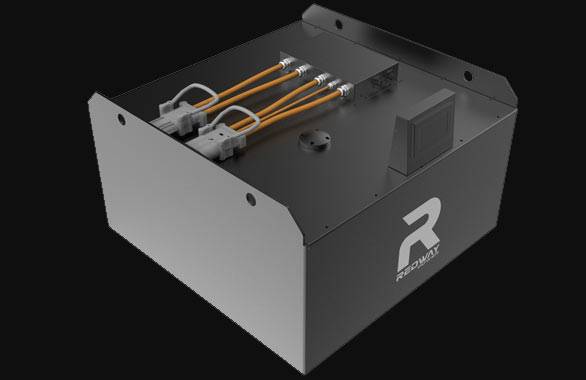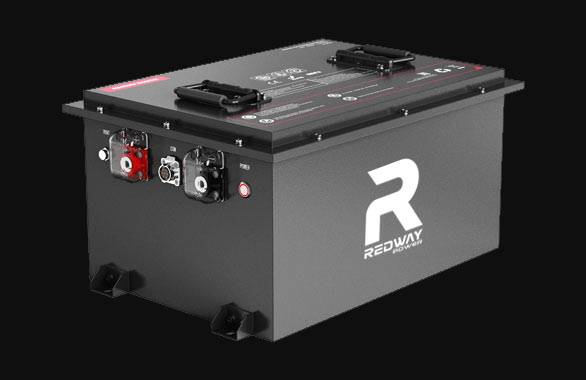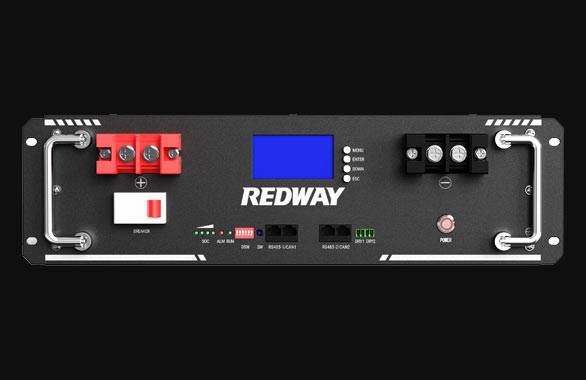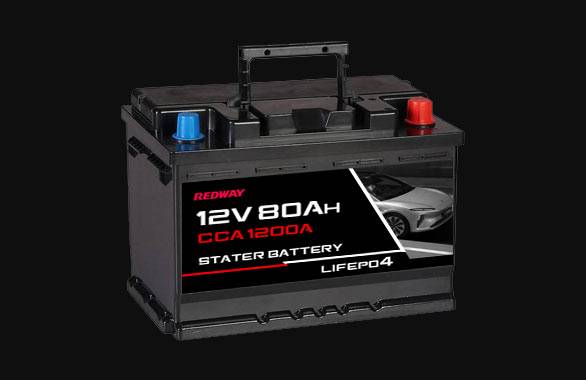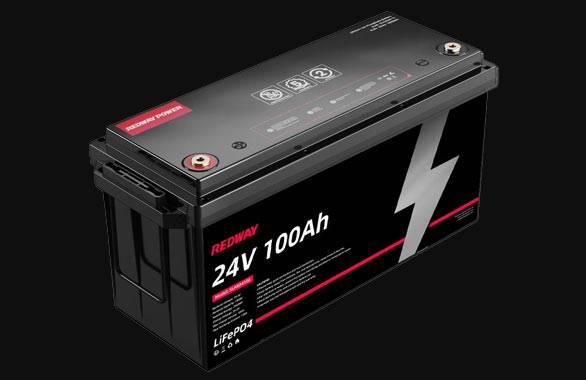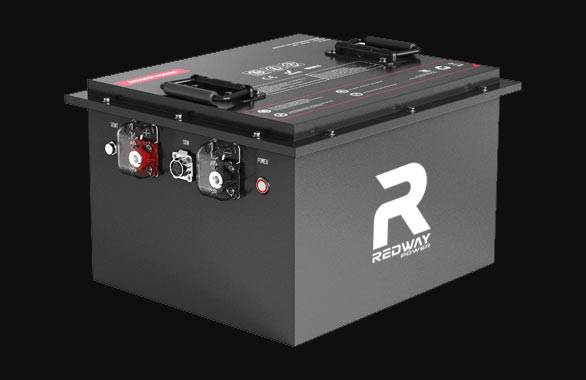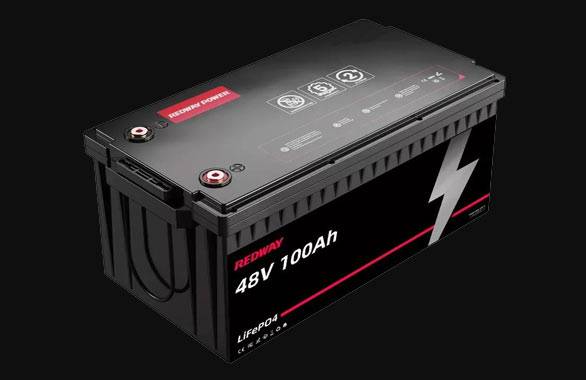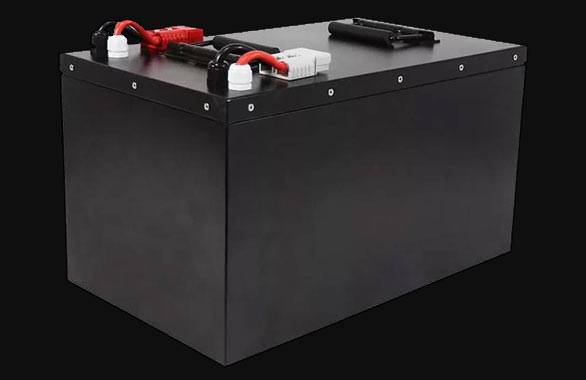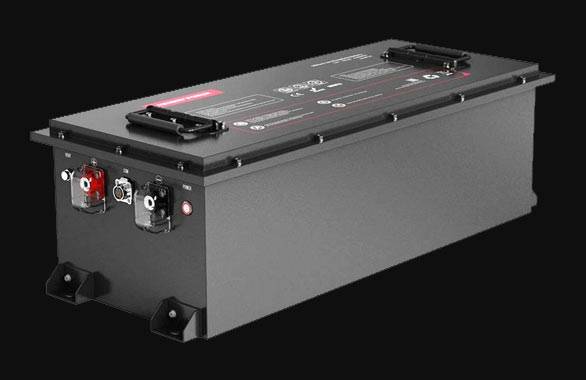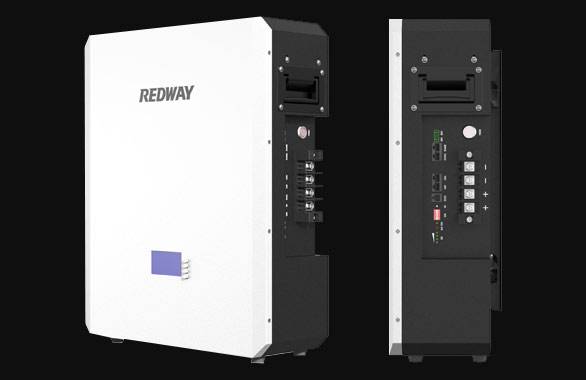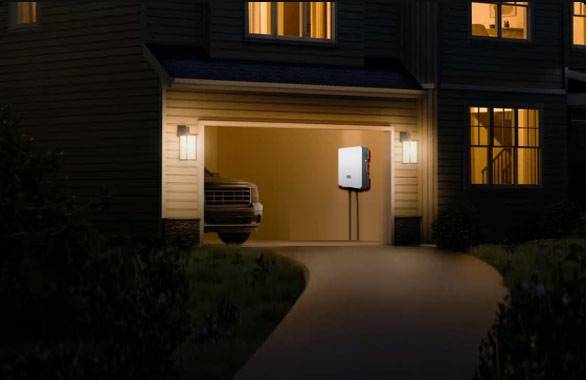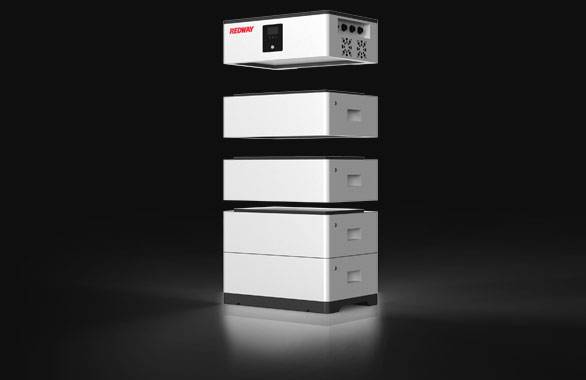- Forklift Lithium Battery
- Golf Cart Lithium Battery
- Rack-mounted Lithium Battery
51.2V 100Ah Rackmount LiFePO4 Battery
8000 times (80% DOD 0.5C)
Optional SNMP for TELECOM - Car Starter Battery
- 12V LiFePO4 Battery
12V 150Ah Lithium RV Battery
Bluetooth App | Self-heating
LiFePO4 | Group 31
UL 1642 | IEC 62619 - 24V LiFePO4 Battery
- 36V LiFePO4 Battery
- 48V LiFePO4 Battery
- 60V LiFePO4 Battery
60V 100Ah Lithium Battery (AGV, AMR, LGV)
Peak Discharge Current 400A
500 x 298 x 349 mm - 72V~96V LiFePO4 Battery
72V 100Ah Lithium Golf Cart Battery
Peak Discharge Current 315A (10S)
740 × 320 × 246 mm - Wall-mounted Lithium Battery
51.2V 100Ah 5kWh
Wall-mounted Battery532 x 425 x 170 mm / LiFePO4
>8000 Cycles (80% DOD 0.5C)
RS485 / CAN-bus
for Solar Home ESS - Home-ESS All-in-One
51.2V 32kWh
All-in-On HESS SystemPowerAll
51.2V / LiFePO4
>8000 Cycles (80% DOD 0.5C)
RS485 / CAN-bus / WiFi
All-in-One for Home ESS
How to Choose the Best 51.2V Wall-mounted Battery for Your Needs
Choosing a 51.2V wall-mounted battery involves understanding its functionality, features, and applications. These batteries, particularly lithium-ion types like LiFePO4, provide efficient energy storage solutions for various settings, including residential and commercial use. Their advanced Battery Management Systems (BMS) ensure safety and longevity.
How does the 51.2V wall-mounted battery work?
A 51.2V wall-mounted battery operates by storing electrical energy for later use, typically sourced from renewable energy systems like solar panels. The voltage rating of 51.2V indicates that it is suitable for applications requiring high efficiency and stability in power delivery. The lithium iron phosphate (LiFePO4) chemistry used in these batteries allows for longer cycle life and enhanced safety compared to traditional lead-acid batteries.
What are the key features of popular 51.2V wall-mounted batteries?
Popular 51.2V wall-mounted batteries share several key features that enhance their usability:
- High Energy Density: These batteries provide substantial energy storage in a compact form.
- Long Lifespan: With proper management, LiFePO4 batteries can last up to 15 years or more.
- Built-in BMS: This system protects against overcharging, overheating, and short circuits.
| Feature | Description |
|---|---|
| Voltage | 51.2V |
| Capacity | Ranges from 100Ah to 200Ah |
| Cycle Life | Up to 6000 cycles |
| Safety Features | Over-voltage, under-voltage protection |
Which applications benefit from using a 51.2V wall-mounted battery?
Applications that benefit from 51.2V wall-mounted batteries include:
- Residential Solar Energy Storage: For homes with solar panels to store excess energy.
- Backup Power Systems: Providing reliable power during outages.
- Electric Vehicles and Forklifts: Essential for powering electric machinery.
Why is Battery Management System (BMS) important for safety?
The Battery Management System (BMS) is crucial in ensuring safe operation by monitoring individual cell voltages, temperatures, and overall health of the battery pack. It prevents conditions that could lead to thermal runaway or other failures, thus enhancing user safety.
How to monitor and maintain your wall-mounted battery effectively?
Monitoring your wall-mounted battery involves checking indicators provided by its BMS or an external monitoring system. Regular maintenance includes:
- Ensuring proper ventilation around the unit.
- Checking connections for corrosion or damage.
| Maintenance Task | Frequency |
|---|---|
| Visual Inspection | Monthly |
| Performance Check | Quarterly |
What models are available in the market today?
Several models of 51.2V wall-mounted batteries are available:
- Kamada Power 200Ah
- Voltage: 51.2V
- Capacity: 200Ah
- Applications: Home solar systems, RVs
- Prostar PLW51100
- Voltage: 51.2V
- Capacity: 100Ah
- Features: Integrated BMS, LCD display
- Amp Nova
- Voltage: 51.2V
- Capacity: 200Ah
- Features: Multi-layer safety design
Are there suitable alternatives to traditional lead-acid batteries?
Yes, alternatives such as lithium-ion batteries offer numerous advantages over lead-acid types:
- Higher Efficiency: Lithium-ion batteries have higher discharge rates and efficiency.
- Longer Lifespan: They can withstand more charge cycles without degrading.
Redway Power provides excellent lithium options that outperform traditional lead-acid batteries.
How can you make OEM orders for customized batteries?
To make OEM orders:
- Identify your specific requirements (voltage, capacity).
- Contact a reliable manufacturer like Redway Power, which specializes in custom solutions.
- Discuss design specifications and pricing.
Tips for Battery Wholesale Buyers
When considering wholesale purchases or OEM orders, it’s essential to choose a manufacturer with a proven track record like Redway Power, which has over 13 years of experience in lithium battery production. Ensure they provide comprehensive support including customization options and quality assurance certifications.
Redway Power Expert Views
“Choosing a high-quality lithium battery is essential for both efficiency and safety,” says an expert from Redway Power. “Our focus on advanced BMS technology ensures that our clients receive products that not only meet their energy needs but also adhere to rigorous safety standards.”
FAQ Section
- What is a wall-mounted battery used for?
Wall-mounted batteries are primarily used for energy storage in solar systems, providing backup power during outages. - How long do lithium-ion batteries last compared to lead-acid batteries?
Lithium-ion batteries typically last longer than lead-acid batteries, often exceeding 15 years with proper care. - Can I monitor my battery’s performance remotely?
Yes, many modern wall-mounted batteries come equipped with monitoring systems that allow remote performance tracking. - What should I consider when choosing a wall-mounted battery?
Consider factors such as capacity, lifespan, safety features (like BMS), and compatibility with your existing systems. - Are there financing options available for purchasing these batteries?
Many suppliers offer financing options or payment plans; it’s best to inquire directly with manufacturers or retailers.


